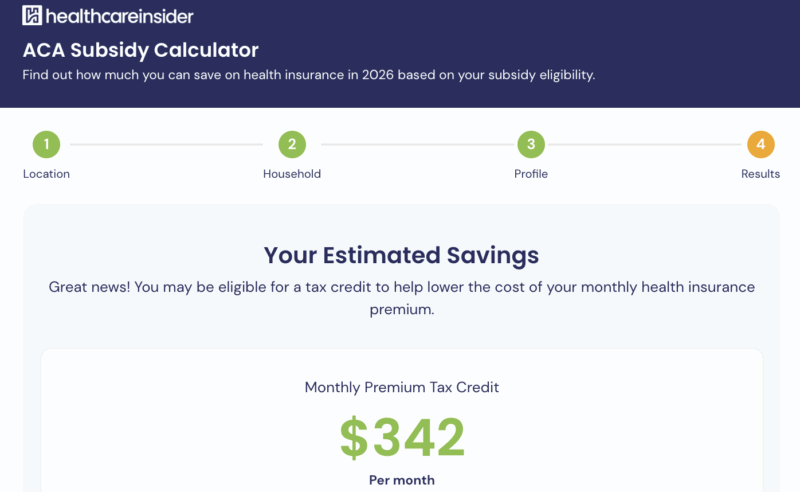Written by Hal Levy
Healthcare Writer
Reviewed by Louise Norris
Expert Reviewer
We want to help you make educated healthcare decisions. While this post may have links to lead generation forms, this won’t influence our writing. We adhere to strict editorial standards to provide the most accurate and unbiased information.
When do you need a referral to see a specialist or have a specific test? Your doctor referral rules will depend on your specific plan and will be based in large part on the type of network your plans use.
Doctor’s referrals are typically provided by your primary care physician (PCP). You’ll have a better understanding of the referral process – including whether you need a doctor’s referral – after contacting your insurance carrier or speaking with your primary care physician.
If you’re staying in-network, you can generally take your doctor’s referral to any medical professional that’s willing to treat you. If you’re hospitalized, referrals to different departments in the hospital will be managed by the hospital.
You’ll generally need a doctor’s referral for specialized tests. For instance, you can’t order an x-ray on your own.
However, whether or not you’ll need a referral to see a certain doctor primarily depends on the type of managed care network that your plan uses.
HMO or POS Network
You’ll probably need a doctor’s referral if you have one of these plans. These plans are based on the need to check in with a primary care physician (PCP) before you access specialized services.
PPO or EPO Network
You probably won’t need a referral for most specialists if you have a PPO or EPO plan. But in order to get the prices that your insurer has negotiated, make sure you use a specialist that is in your plan’s network.
Original Medicare (Part A+B)
With Original Medicare, you can generally see any doctor you like, as long as they accept Medicare.
Medicare Advantage (“Part C”)
Since Medicare Advantage operates more like traditional insurance than Original Medicare, you can’t see just any Medicare doctor. Some Part C plans are structured as HMOs, where you’ll need to check in with your primary care physician to get a specialist referral.
Other plans are PPOs, where you won’t need a referral for in-network or out-of-network care, though you will pay more if you choose a physician outside your network. And if your plan is a private fee-for-service plan (PFFS), you could also be responsible for a balance bill from the provider, for an additional amount of up to 15 percent of the bill. If you see a doctor who has opted out of Medicare altogether, your Advantage plan won’t pay anything at all, unless it’s an emergency situation.
Self-pay
You’re free to pay a medical professional on your own if you’d like to see them without a referral. You may need to sign a waiver stating that you accept full responsibility for the cost of your visit. Although the main use of referrals is for your doctor to bill your insurance, you may still need a doctor to write you a referral for services that you can’t order on your own.
What If I Don’t Have a Referral When I Go to the Doctor?
Many specialists won’t even see you without a doctor’s referral unless you’re willing to pay upfront. You can plan ahead by scheduling appointments with your primary care to get the referral before seeing the specialist.
How Long Does My Referral Last For?
You’ll want to ask your doctor how many visits the referral covers. Note that your doctor may write a referral for longer than your insurance company will accept. Also remember that depending on your individual plan, some services also have authorization requirements from your insurer, which are different than referrals. Your PCP can often take care of both, but it’s important to know that sometimes having a referral from your doctor doesn’t necessarily mean that the insurer has authorized the specialist or test.
You may receive a follow-up letter from your insurance company confirming the details of your referral and authorization. You can get multiple referrals to the same doctor once the original referral expires.
Getting Help with Referrals
Since each plan is different, it’s a good idea to call your insurance provider, look at your plan’s manual online or request a paper copy to learn about your plan’s referral procedure. Medical offices may be able to help you navigate some of your insurer’s procedures, but they might not have specific information about your plan.
Thank you for your feedback!


 by
Louise Norris |
Updated on
August 18, 2025
by
Louise Norris |
Updated on
August 18, 2025 





